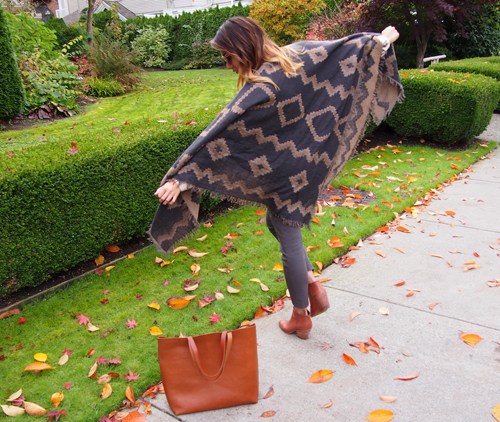Science has never been my strong suit (there is a reason I have a B.A. and then went to law school, after all) but I have always been fascinated by beauty products that claim to be "backed by science." Aside from the intriguing catch phrase they carry,
how do some of these products differ and do they really work?
I was introduced to
Cloud Vitamin Cream this past summer by a local PR company. Created by the award-winning dermatologist, Dr. Gordon Telford, his vitamin creams are the result of extensive data gathered both in the lab and from years of consultative experience with patients.
I was sent a tube of Cloud's
Vitamin A Cream ($48 CAD), made with retinyl palmitate which is a naturally occurring form of Vitamin A that is sometimes called "nature's sun protection." Apparently, while conventional sunscreens like the kinds I typically buy every summer at the drugstore provide decent protection from sunburns, they protect against a very limited percentage of the sun's skin damaging spectrum. Cloud's Vitamin A Cream, on the other hand, protects against 93% more of the sun's power than conventional sunscreen. Once absorbed into the skin, it is virtually waterproof and its sun-protecting effects last up to 17 days (!!).
I have been applying the cream on and off for the past few months and I'll be honest in saying that I'm not entirely sure how to tell if it's been working. I do, however, love the concept behind the line and the fact that its effects are backed by scientific studies.
Another line of medical skincare that I have been using recently is
SkinCeuticals, and in particular, their new antioxidant night concentrate
Resveratrol B E ($165 CAD). I was introduced to the line and this product last week at the gorgeous South Granville space that houses
ProjectSkin MD.
Dr. William McGillivray, the dermatologist who founded ProjectSkin MD, was kind enough to walk us through the science behind resveratrol, a potent antioxident found in grapes, berries, nuts, and other plant sources. Although resveratrol has long been known as the "longevity molecule," as a hydrophobic (oil-loving) molecule, it has been extremely challenging for scientists to solubilize a high concentration in an aqueous solution for use in skincare products. Through extensive research, however, Skinceuticals was able to formulate a maximized concentration of pure, stabilized resveratrol which penetrates skin through a delivery system of hydrotropes. (Seriously, how scientific do I sound right now?)
In a 12-week clinical study, Resveratrol B E was found to significantly improve radiance, firmness, elasticity, and density in women aged 45-60. Although I'm not in that age range, anti-aging products have become an incredibly important part of my skincare routine (prevention is key!) and with all the science and research behind it, I'm confident that this product has been an excellent addition to my arsenal. I guess time will tell how well it works...























































